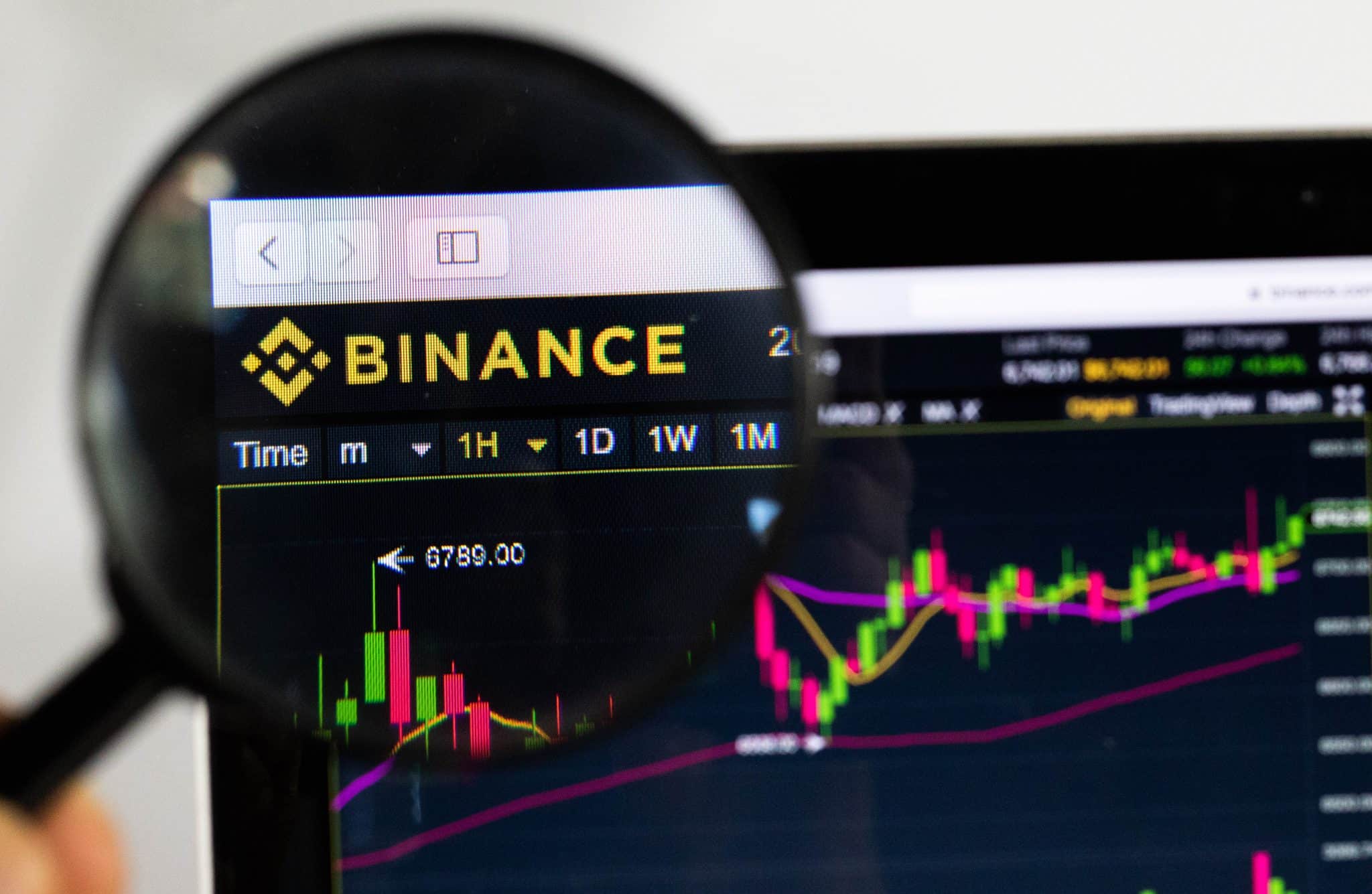
Binance Looks To Disrupt Itself With Decentralized Crypto Exchange
|
|
Since suddenly showing its face in mid-2017, Binance has rapidly risen from irrelevance to legendary status within the crypto ecosystem. Many would even liken the startup’s glorious rise to the shape of a hockey stick. And interestingly, unlike its brethren in Huobi, ShapeShift, among other industry groups, the crash of Bitcoin has done little to deter Binance’s efforts, nor its profits either.
Binance Launches Newest Crypto Venture
Binance unveiled plans to launch a decentralized exchange (DEX) in early-2018, as its CEO, Changpeng “CZ” Zhao, touted the merits of non-intermediated transactions. Little was known about the project until August 2018, when Zhao released a “casual, rough, and pre-alpha” sneak peek of the platform, which had no graphical user interface (GUI) to speak of at the time. Since that fateful date in August, the Chinese technology entrepreneur has kept the pedal to the metal, releasing a stream of videos, pictures, and statements about this nascent facet of Binance’s operations.
Now, according to a report from Joseph Young of Forbes Crypto, the platform has gone live, at least for testing anyway. The beta installment of the DEX features one-second block times (meaning trades), a high transactional/trading request throughput, and a sleek UI that is reminiscent of the legacy version of Binance, one that is centralized. The launch of this platform also means that Binance Chain — the company’s in-house blockchain built on Delegated Proof of Stake (DPoS) — has also gone live.
Citing an interview with CZ, Joseph claimed that the company believes that Chain should “help grow the community and further crypto adoption and accessibility.” Zhao even remarked that his brainchild in the DEX can “handle the same trading volume as Binance.com” today, adding that his firm’s newest product should solve consumers’ qualms with decentralized trading in the near future.
Not Cut And Dried
While there is a lot going for Binance’s latest venture, some of wary of some facets of the decentralized exchange. Pro-Bitcoin coder Udi Wertheimer, for instance, recently took to his Twitter soapbox to note that there is no source code on the GitHub pertaining to this venture, disallowing consumers from running their own full nodes. Thus the Israel-based Bitcoin insider explained that the startup essentially released an application that connects to the “API of its new centralized infrastructure,” rather than a fully distributed blockchain.
Wanted to take a look into the new “@binance dex”, so I started with the docs: https://t.co/fipXbvpRr2
There’s almost nothing there. So I looked for the source code. Guess what, THERE’S NO SOURCE CODE. They only have binaries, and only for a light client, no full node at all! pic.twitter.com/8SlUghKuep
— Udi Wertheimer (@udiWertheimer) February 22, 2019
Others have also lambasted the Malta-registered startup for its propensity to charge high fees, even on a newfangled platform that touts decentralization as its key selling point. For those who missed the memo, per a livestream from Binance’s chief executive, there will initially be a listing fee of $100,000 for projects looking to list on the exchange, as the company wants to mitigate “spam or scam projects.” The upstart is purportedly looking into charging high fees for the creation of tokens.
One Youtuber, who goes by Chico Crypto, even accused the company of poaching Erik Zhang of NEO to spy on its decentralized crypto exchange competitors (namely BlockNet), along with also allocating some of NEO’s key resources to the creation of Binance Chain.
Then again, some have defended Binance’s business choices and practices. Industry commentator RallyQT recently explained that as this is a “testnet,” there should be no need for the upstart to release its code base for public scrutiny. BoxMining, a leading cryptocurrency proponent and content creator, noted that Wertheimer should trust the platform more, adding that if the coder doesn’t like it, he shouldn’t use it. Even CZ joined the fray, denying claims that there is any connection between BlockNet’s project and his own.
Multicoin Capital managing partner Kyle Samani, which BlockGeeks mentioned in a previous report on Ethereum, has also defended Binance. Samani, who heads the Texas-based fund, recently noted that Binance’s newest project is “the first step” in the company’s goal to see all value in its expansive ecosystem in its in-house asset, BNB. He added that Chain’s exchange will offer “lower” fees than its centralized counterpart, even while its GUI, trading speed, amongst other facets, remain solid.
Title Image Courtesy of Marco Verch Via Flickr
